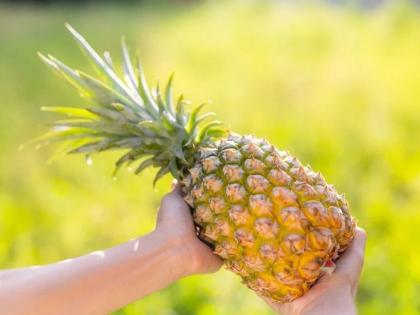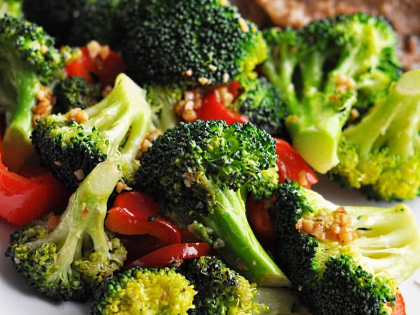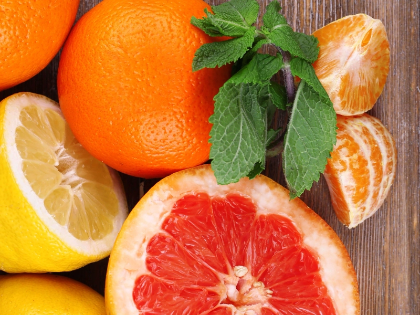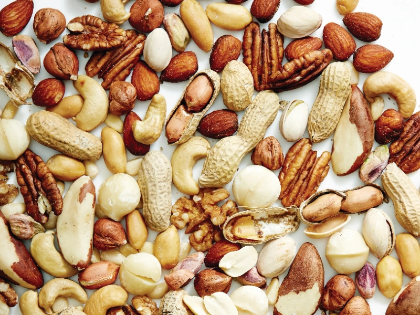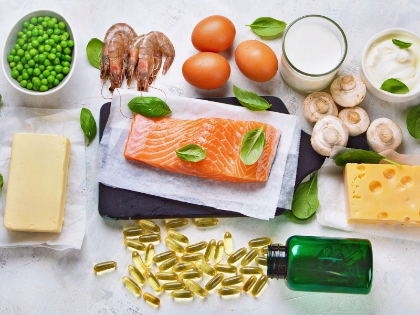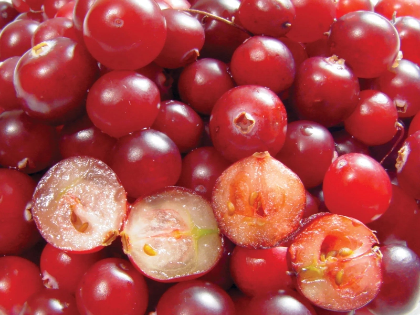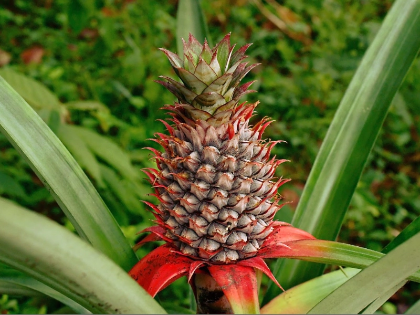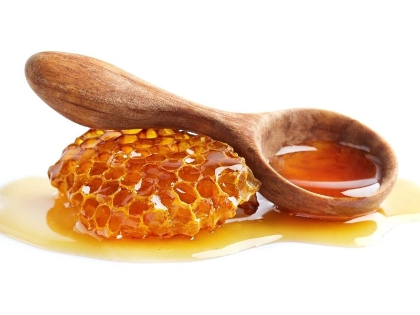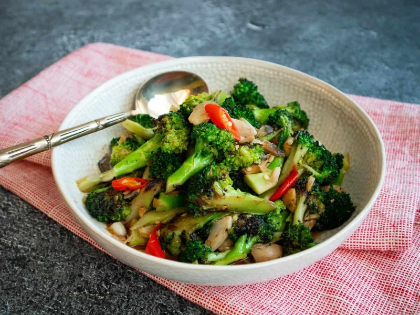Vitamin E for Muscle Recovery: Aiding Post-Workout Healing
1. The Importance of Muscle Recovery
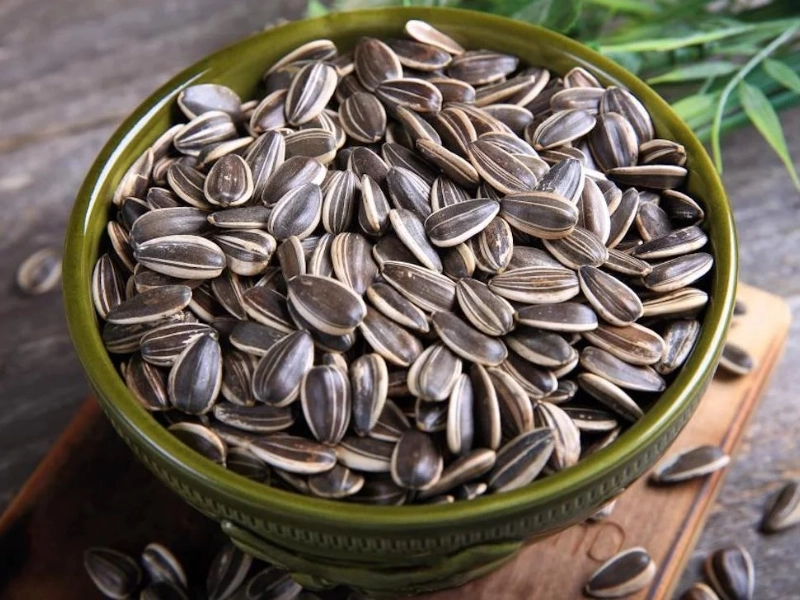 Advertisement
Advertisement
Any fitness program depends critically on muscle recovery since it lets the body mend and rebuild following demanding exercises. Correct recuperation improves general performance as well as helping avoid injuries. Among the several nutrients that help muscles recover effectively, vitamin E is particularly important because of its strong antioxidant action. Knowing how vitamin E helps with post-workout healing will enable sportsmen and fitness fanatics maximise their recuperation plans.
2. Understanding Vitamin E
One fat-soluble vitamin that is absolutely essential for preserving general health is vitamin E. It appears in numerous forms; in humans, alpha-tocopherol is the most physiologically active. Acting as an antioxidant, vitamin E shields cells from oxidative damage brought on by free radicals produced during vigorous exercise. Vitamin E is crucial for muscle regeneration since it neutralises free radicals, therefore reducing cellular damage.
3. The Role of Antioxidants in Recovery
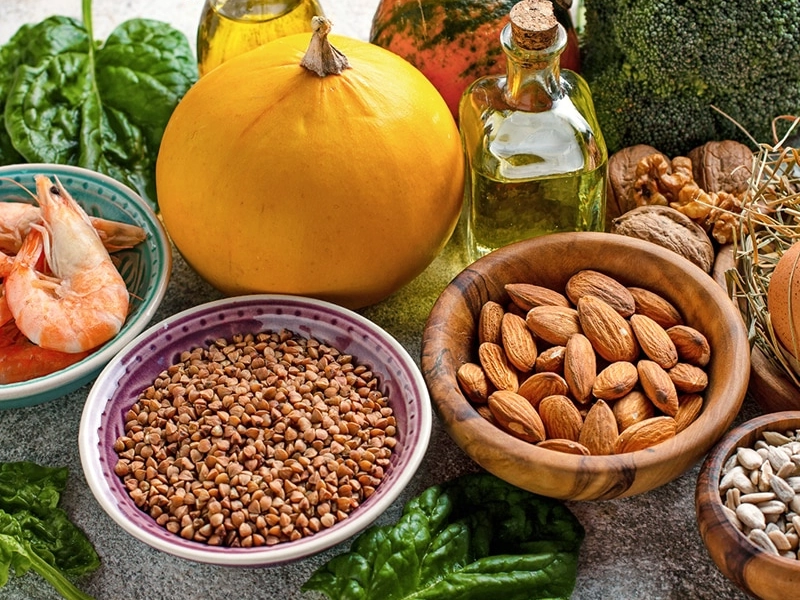
Especially in demanding exercises, the body experiences oxidative stress during exercise which causes inflammation and muscle damage. By scavenging free radicals and thereby lowering inflammation, antioxidants such as vitamin E fight this oxidative tension. Muscle rehabilitation depends on this process since it helps reduce pain and hastens the mending of injured parts. Including vitamin E in your post-exercise diet can thus improve your healing process and ready your muscles for the following exercise.
4. Reducing Muscle Soreness
Common experience following strenuous exercise is delayed onset muscular soreness (DOMS), especially when trying new programs or raising intensity. Vitamin E has proved to assist DOMS's intensity be lessened. Studies show that vitamin E supplements can help to greatly reduce muscle pain and stiffness experienced after exercise. By reducing DOMS's effects, vitamin E lets athletes keep their training plans free from protracted agony.
5. Supporting Immune Function
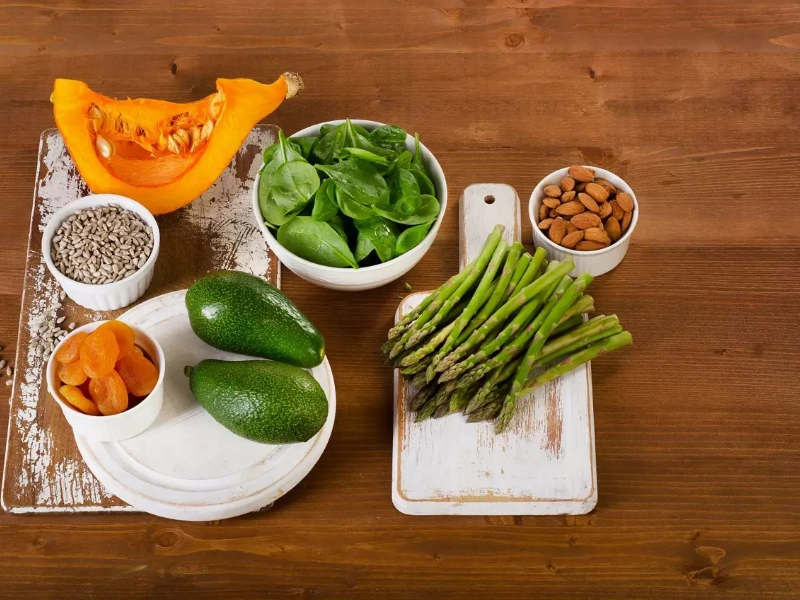
Because intense training momentarily suppresses the immune system, athletes are more vulnerable to disease. Support of immune system depends on vitamin E, which also helps the body fight diseases and infections that could hinder recovery. Athletes who guarantee enough vitamin E intake can strengthen their immune systems, hence enabling continuous training and faster recuperation from exercises.
6. Food Sources of Vitamin E
There are several foods you may include vitamin E into your diet from. Excellent suppliers of vitamin E are nuts and seeds like sunflower seeds and almonds. Other foods high in this vitamin are avocados, spinach, broccoli, and vegetable oils including olive and sunflower oils. Including a range of these items in your diet will help you to guarantee sufficient vitamin E for support of muscle repair and general health.
7. Vitamin E Supplementation
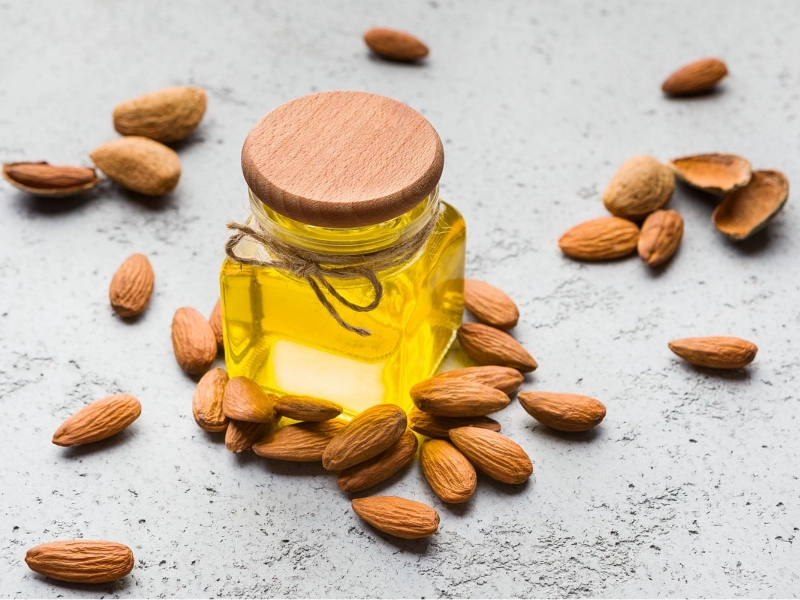
For those who might find it difficult to get enough vitamin E from a diet alone, supplements can be a sensible alternative. Soft gel and pill versions of vitamin E supplements abound. Before beginning any supplement program, though, it is advisable to see a healthcare provider since too high a vitamin E intake might have side effects. Customising supplements can provide maximum recuperation without compromising health.
8. Timing Your Vitamin E Intake
The effectiveness of vitamin E in promoting muscle repair can be affected by when one consumes it. Eating meals high in vitamin E or supplements soon after an exercise will help to maximise its effects. This is the time the body most need nourishment to heal and rebuild muscular structures. Combining vitamin E with other recovery foods, such carbs and protein, will help it to be even more effective in encouraging muscle mending.
9. Combining Vitamin E with Other Nutrients
While vitamin E is a great friend in muscle repair, it performs best in concert with other nutrients. Along with minerals like magnesium and zinc, vitamins C and D also are quite important for muscle healing and rehabilitation. A balanced diet including a range of vitamins and minerals can produce a synergistic effect improving general recovery. Emphasising entire foods with a variety of nutrients can help to encourage best muscle recovery and function.
10. Summary of Vitamin E for Muscle Recovery
All things considered, vitamin E is an essential vitamin that lowers oxidative stress, so relieves discomfort, and supports immune system activity, so facilitating muscular recuperation. Including foods high in vitamin E in your diet or thinking about supplements will help your post-workout recovery process be better. Knowing how vitamin E helps with recovery will enable sportsmen and fitness fanatics to maximise their diets, therefore enhancing their performance and speed of recovery periods. Accepting the advantages of vitamin E will help one to reach fitness objectives and preserve general health in a major sense.

